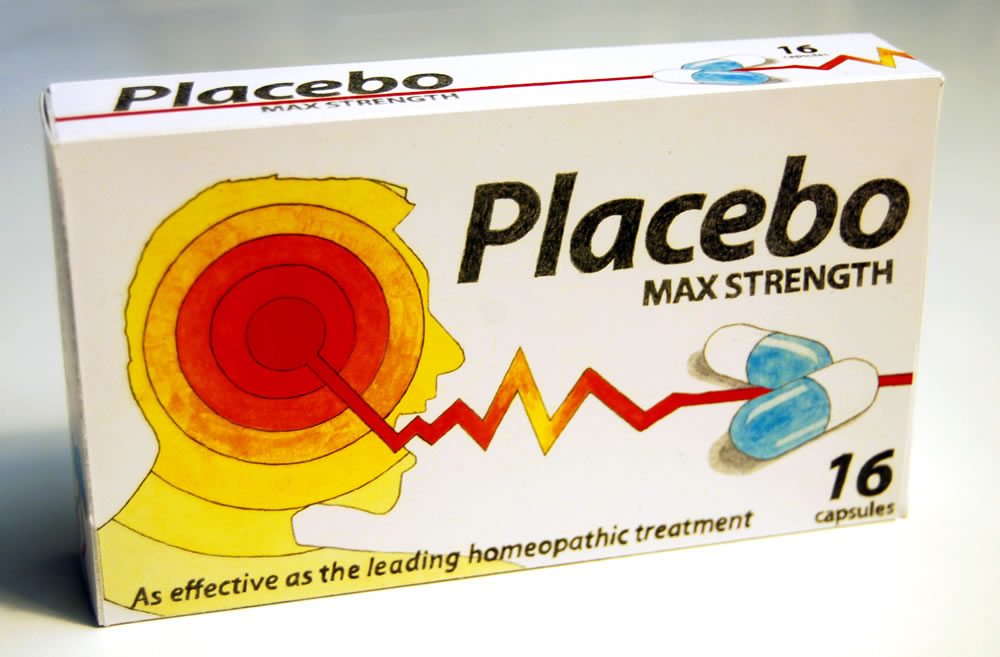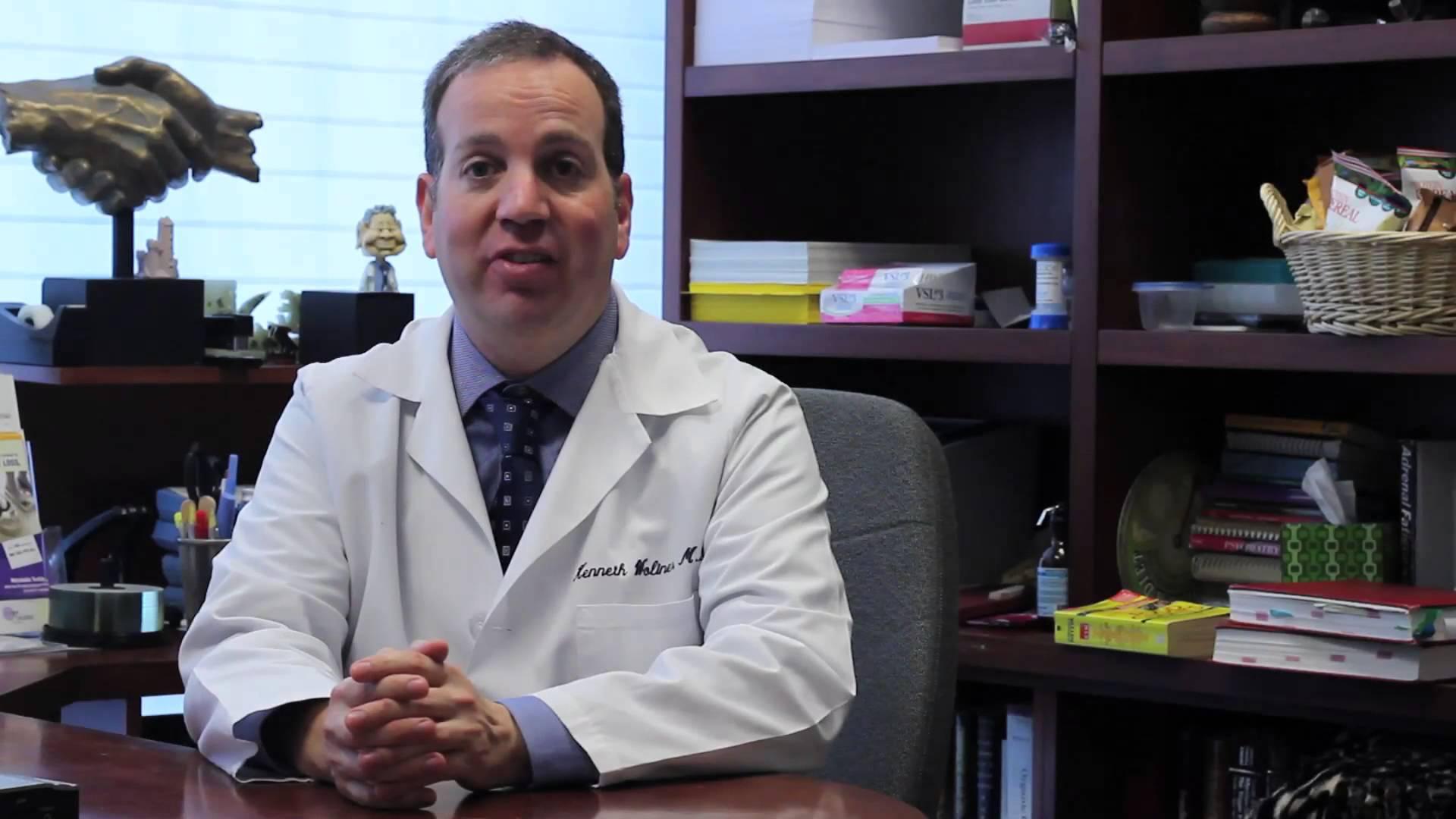Category: Ethics

Naturopathic Experiences: Remembrance of things past.
Interacting with patients who also get care from naturopaths: uncomfortable dilemmas.

Myths integrative medicine sells us: “We never advocate alternative medicine without conventional medicine”
"Integrative medicine" (IM) effectively integrates quackery with real medicine. The main talking point by advocates of IM meant to deflect this criticism is that IM practitioners always use alternative medicine with conventional medicine and never advocate the use of alternative medicine alone. A new book by a prominent advocate of IM suggests that this talking point is at best self-delusion among academics...

Can the mind really heal the body? The false narrative of placebo “healing” revisited
Placebo effects are inextricably bound to the question of whether the alternative medicine modalities that are being “integrated” into medicine actually have any useful therapeutic effects or not; i.e., whether they are merely placebos. Here, I examine an article in National Geographic that peddles the false narrative that placebo effects have real "healing" powers against diseases like Parkinson's disease.

R&D and the High Cost of Drugs
Until a year ago very few people had ever heard of Martin Shkreli. In 2015 the then-32-year-old CEO of Turing Pharmaceuticals LLC became the poster boy for Big Pharma eXXXcesses when Turing acquired rights to Daraprim, an antiparasitic drug used widely to treat toxoplasmosis. The acquisition itself wasn’t particularly controversial. Raising the price of Daraprim from $13.50 per pill to $750 per...

Is there a distinct standard of care for “integrative” physicians? The Woliner case
We at SBM argue that there should be a single, science-based standard of care in medicine. Unfortunately, with the rise of "complementary and alternative medicine" (CAM) also called "integrative medicine," there is a separate standard emerging that allows CAM practitioners to get away with using unproven and disproven treatments. The case of Dr. Kenneth Woliner illustrates this problem.
Researching the Magic of Homeopathy
A Canadian academic, Dr. Mark Loeb, who is a respected infectious disease researcher who knows how to conduct high quality research, wants to study homeopathic nosodes. Nosodes are essentially homeopathic vaccines. Tim Caulfield, a Canadian professor of health law and policy, thinks the study is misguided and unethical. The two are having a respectful public debate about the risks and merits of...
Pharmacy and homeopathy: Will the profession change, or will change be forced upon it?
Retail pharmacy is giving itself a credibility problem. While pharmacists are highly trusted health professionals, there are increasing questions about the products sold in pharmacies. Many of the non-prescription products that you can find aren’t backed by good evidence. And the number of dubious products seems to be growing. Homeopathy is an extreme example. Homeopathic “remedies” look like conventional medicine, but unlike...

What’s the harm? Stem cell tourism edition
Stem cells have become big business. Offshore clinics claim to use stem cells to treat anything from aging, diabetes, stroke, cancer, and even autism, all without compelling evidence that these treatments have any meaningful effect. Unfortunately, the potential for harm, both financial and to health, is high, as the case of Jim Gass demonstrates.
Parents Convicted in Death of Toddler
This is a very sad and tragic case, and I have great sympathy for the extended family of Ezekiel Stephan, the 19-month-old who died of meningitis four years ago. In my opinion, there are many victims in this case. The jury, apparently, agreed. Yesterday they returned a guilty verdict for Ezekiel’s parents, David and Collet Stephan, who now face sentencing for failing...


